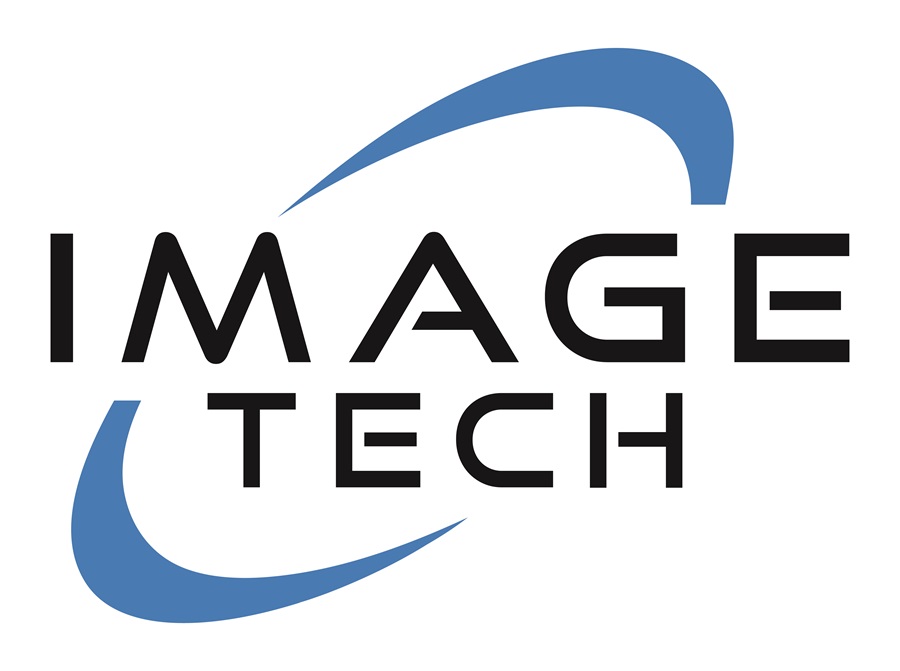The world of online gambling is evolving faster than ever, and with it comes a maze of regulations that can leave businesses scrambling to keep up. As governments tighten their grip on this booming industry, the ripple effects are being felt far beyond the virtual betting tables, impacting local businesses in unexpected ways.
We’re witnessing a delicate balancing act between fostering economic growth and ensuring responsible gambling practices. For local businesses, understanding these regulations isn’t just a legal necessity—it’s a matter of survival and opportunity. Events like the SWCRC’s November 2023 ABO offer valuable insights and networking opportunities to navigate these evolving landscapes. Whether it’s adapting to new compliance rules or leveraging partnerships with online platforms, the stakes have never been higher.
In this article, we’ll explore how these laws shape the industry and what they mean for businesses trying to navigate this complex landscape. Let’s uncover the challenges and opportunities that lie ahead in this ever-changing regulatory environment.
Understanding Online Gambling Regulations
Online gambling regulations vary widely, shaping how businesses operate in different regions. Taking advantage of offers like a 500 casino bonus often depends on understanding these local rules, which helps companies adapt and thrive within their specific regulatory environments.
Key Features of Online Gambling Laws
Many jurisdictions prioritise player protection, licensing, and taxation. For example, the UK Gambling Commission enforces fairness, prevents crime, and creates safer online environments.
Regional Variations in Online Gambling Rules
Countries implement distinct rules based on their social and economic contexts. For instance, Germany restricts online poker and slots, while Italy has more inclusive laws favouring revenue generation.
Regulatory Impacts on Businesses
Legal changes affect operations, marketing, and revenue. Companies may adapt by updating compliance tools or focusing on regions with stable frameworks.
Example of Licensing Requirements Across Regions
| Region | Licensing Authority | Key Requirements |
|---|---|---|
| United Kingdom | UK Gambling Commission | Full compliance with player protection |
| United States | State-Based Authorities | Varied rules by state, federal oversight |
| Malta | Malta Gaming Authority | Strict licensing, taxation regulations |
Opportunities in Changing Legal Structures
Shifting regulations may create growth avenues, especially in emerging markets. Businesses with tailored strategies for compliance and localisation gain competitive advantages.
Resources for Compliance Monitoring
Global operators use tools and partnerships to stay updated. Collaborative organisations like the International Association of Gaming Regulators (IAGR) provide insights into legal developments worldwide.
The Economic Impact On Local Businesses
Online gambling regulations affect local businesses by shaping economic contributions and operational challenges. Legal frameworks influence market dynamics, providing opportunities and complexities for communities.
Benefits for Local Economies
Local governments often see increased tax revenues from regulated gambling activities. For example, the UK Gambling Act supports public services through substantial tax contributions, boosting regional development.
Challenges Faced by Small Businesses
Smaller operations encounter high compliance costs and complex licensing requirements, limiting their market participation. Without resources to manage legal demands, they risk losing competitiveness in regulated markets.
Revenue Implications for Dependent Sectors
Industries like advertising, technology, and hospitality benefit indirectly from online gambling regulation. Legal gambling operators require digital marketing, software tools, and event venues, creating broader economic reliance.
| Sector | Impact Type | Example |
|---|---|---|
| Advertising | Increased spending | Gambling platforms hiring marketing agencies |
| Technology | Elevated demand | Gaming software development services |
| Hospitality | Event-driven revenue growth | Hosting eSports tournaments or events |
Workforce Development Opportunities
Regulated environments create employment opportunities. IT professionals, customer support, and compliance officers see rising demand. According to a Gambling Commission report, the UK gambling industry employed over 106,000 people in 2022.
Influence on Local Partnerships
Collaborations between gambling operators and local businesses enhance community engagement. Partnerships in areas like sponsorships, charity drives, and event promotions expand local revenue and visibility, strengthening business ecosystems.
Authoritative sources like UK Gambling Commission and Statista demonstrate the economic significance of this regulated sector.
Social Implications Of Online Gambling Laws
Online gambling laws significantly influence societal factors, shaping community welfare, individual behaviour, and economic outcomes. Legal frameworks impact public wellbeing and address issues like addiction and financial harm.
Effects On Community Welfare
Online gambling regulations promote responsible betting practices by enforcing restrictions on illegal activities. They aim to protect vulnerable groups, including minors, from exploitation. License restrictions and compliance measures ensure gambling is safer for participants. According to the UK Gambling Commission, licensed operators must adhere to strict fairness and safety criteria to uphold community standards.
Preventing Problem Gambling
Legal safeguards include setting wagering limits and offering self-exclusion tools for at-risk individuals. Operators use tracking technologies to detect harmful betting patterns. Programmes such as GamCare support players facing addiction by providing intervention resources.
Financial Protection Measures
Regulations mandate secure financial transactions to protect users from fraud. Clear monetary policies ensure transparent payouts and prevent misuse of funds. For example, in the EU, licensed operators comply with Anti-Money Laundering (AML) provisions for enhanced user security.
| Social Impact | Resulting Measures | Examples |
|---|---|---|
| Community Welfare | Restrictions on illegal gambling activities | Age restrictions to prevent minors from access |
| Problem Gambling | Self-exclusion tools and awareness programmes | GamStop offers solutions for identifying and addressing addiction risks |
| Financial Protection | Secure transactions and AML regulations | EU mandates transparency and fraud prevention for licensed operators |
Influence On Economic Inequality
Strict regulations create barriers for smaller operators, reducing competition and potentially excluding low-income players from access to markets. Taxation of gambling revenues benefits public services but can disproportionately affect lower-income groups if not managed equitably.
Educational And Awareness Efforts
Collaboration with schools and local organisations fosters understanding of gambling risks. Campaigns backed by authorities like GambleAware raise awareness about addictive behaviours. These initiatives encourage healthier gambling habits, reducing societal harm.
For further details, refer to reports by GamCare and the UK Gambling Commission.
Adapting Business Strategies To Regulatory Changes
Regulatory changes in online gambling necessitate agile business strategies. Companies must align operations with relevant laws to mitigate risks and capitalise on emerging opportunities.
Compliance and Risk Management
Understanding law variations is critical to reducing compliance risks. Businesses should integrate updated compliance tools and legal advisory services to maintain operational frameworks. Authorities like the International Association of Gaming Regulators (IAGR) offer resources to assist in tracking global regulatory updates.
| Aspect | Example Actions | Benefits |
|---|---|---|
| Compliance auditing | Regularly reviewing processes | Minimises penalties and suspension |
| AML adherence | Implementing secure transactions | Ensures customer trust compliance |
| Licensing review | Ensuring valid registration | Avoids operational disruptions |
Strategising for Market Opportunities
Regulated markets offer new growth opportunities. Identifying stable legal environments helps businesses expand while maintaining compliance. For instance, Malta’s transparent licensing processes attract diverse operators, fostering innovation and cross-industry partnerships.
Expanding Revenue Streams Through Collaboration
Collaborating with dependent sectors, like IT or hospitality, enhances community involvement and diversifies revenue. Partnerships with local enterprises promote mutual economic benefits and reinforce market presence.
Resource Allocation for Compliance
Investing in legal resources strengthens resilience against unexpected legal challenges. Leveraging partnerships with organisations such as the UK Gambling Commission improves alignment with mandatory guidelines, particularly in areas like taxation and responsible gambling.
Leveraging Technological Innovation
Adapting to regulations using tech tools optimises operations. Automation simplifies data reporting for legal obligations while AI-driven solutions monitor risk factors efficiently. These advances create competitive advantages.
For further insights, consult authoritative organisations like GamCare and Statista.
Conclusion
Understanding online gambling regulations is essential for businesses navigating this complex and evolving industry. These laws not only shape market dynamics but also create opportunities for growth and collaboration when approached strategically.
By staying informed and proactive, companies can adapt to shifting legal frameworks, protect their operations, and contribute to local economies. Embracing innovation and fostering community partnerships will ensure businesses remain resilient and competitive in this regulated landscape.



























